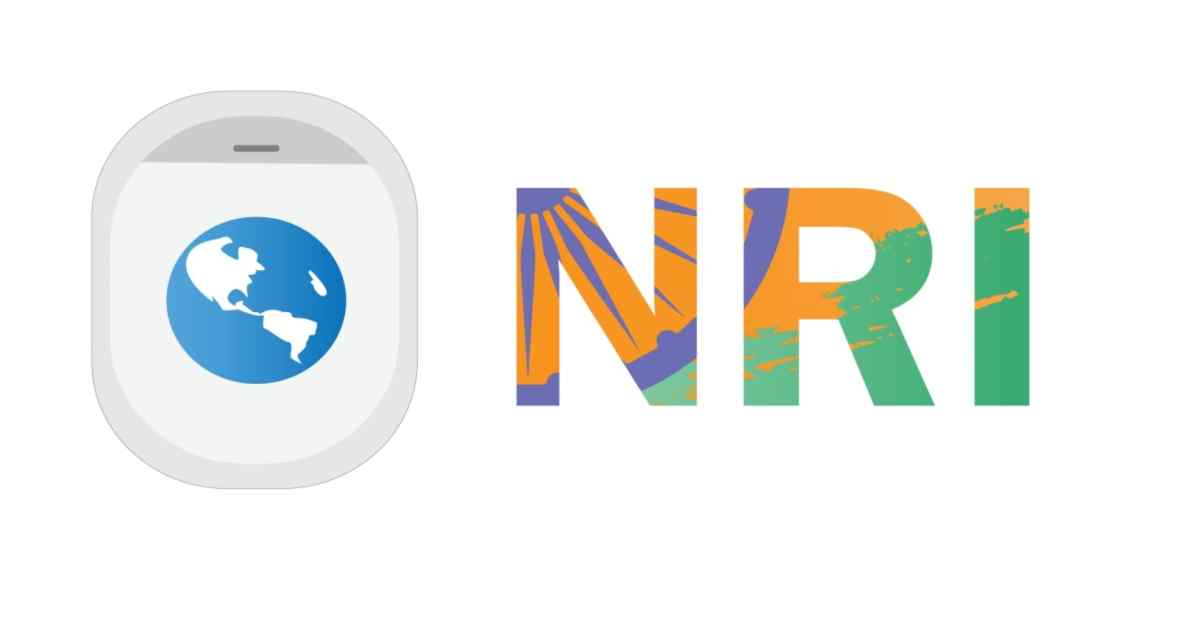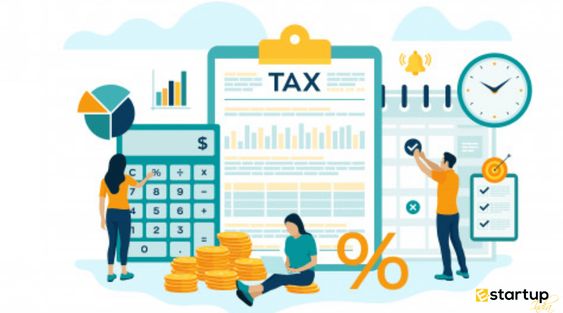Table of Contents
Quality Service Guarantee Or Painting Free

Get a rental agreement with doorstep delivery

Find the BEST deals and get unbelievable DISCOUNTS directly from builders!

5-Star rated painters, premium paints and services at the BEST PRICES!
Loved what you read? Share it with others!


Submit the Form to Unlock the Best Deals Today
Help us assist you better
Check Your Eligibility Instantly

Experience The NoBrokerHood Difference!
Set up a demo for the entire community
How to Sell a Vacation Home or Second Property: A Complete Seller’s Guide for 2025
Table of Contents
Selling a vacation home requires a unique approach compared to selling a primary residence. The process involves understanding seasonal market dynamics, targeting specific buyer groups, and highlighting the property's investment potential. Whether your second property is a beachfront condo, mountain cabin, or lakeside retreat, success depends on proper timing, strategic pricing, and effective marketing. This comprehensive guide walks you through the essential steps of selling your vacation home, from market assessment to closing the deal, ensuring you maximize your return on investment while navigating the specific challenges of the vacation property market.
Assessing the Market
Understanding the vacation home market is crucial for a successful sale. This initial step helps you gauge your property's optimal timing, pricing strategy, and potential buyer demographics. Local market dynamics vary significantly from traditional residential real estate, so thorough research is essential for informed decision-making.
- Analysing local market trends requires examining your vacation destination's past sales data, current listings, and future development plans. Consider factors like tourism growth, infrastructure improvements, and overall economic conditions affecting property values.
- Peak selling seasons often align with popular vacation periods, varying by location. Beach properties typically see increased interest during spring and early summer, while ski properties attract more buyers during winter.
- Research comparable properties by examining recent sales of similar vacation homes in your area. Focus on properties with matching amenities, views, and proximity to attractions to establish a realistic price range.
Preparing the Vacation Home for Sale
Preparing your vacation property for potential buyers involves more than standard home preparation. Since vacation homes often appeal to lifestyle buyers, presentation and emotional appeal are crucial in attracting offers and securing the best possible price.
Quality Service Guarantee Or Painting Free

Get a rental agreement with doorstep delivery

Find the BEST deals and get unbelievable DISCOUNTS directly from builders!

5-Star rated painters, premium paints and services at the BEST PRICES!
- Conduct a thorough inspection of the property and address any maintenance issues promptly. Pay special attention to weather-related wear and tear, ensuring all systems and amenities are in perfect working order.
- Staging the property to highlight its vacation potential creates an inviting atmosphere. Consider using coastal, mountain, or local-themed décor that helps buyers envision their future getaways.
- Showcase distinctive features like panoramic views, private beach access, or resort-style amenities. Document seasonal attractions and create a photo gallery displaying the property during different times of the year.
Setting the Right Price
Pricing a vacation home requires balancing multiple factors unique to the second-home market. This crucial decision impacts how quickly your property sells and the final return on your investment.
- When determining your asking price, consider location-specific factors like proximity to attractions, seasonal rental potential, and local market conditions.
- Obtain professional appraisals from experts familiar with vacation properties in your area. Their expertise helps account for unique features not reflected in standard residential appraisals.
- Review recent sales data for similar properties, adjusting for factors like view quality, amenities, and seasonal demand patterns specific to your location.
Marketing Your Vacation Home
Effective marketing strategies for vacation homes differ from traditional real estate promotion. Focus on reaching potential buyers specifically interested in vacation properties and highlight the lifestyle benefits.
- Focus marketing efforts on affluent professionals, retirees, and investors looking for income-generating properties. Emphasize both personal enjoyment and investment potential.
- List your property on specialized vacation rental platforms to reach buyers familiar with the market. Create detailed listings highlighting rental history and potential return on investment.
- Invest in professional photography to capture the property's best features and attractions. Create virtual tours allowing remote buyers to explore the property thoroughly.
- Develop relationships with local tourism offices and hospitality businesses to promote your property to visitors interested in the area.
Legal and Financial Considerations
Selling a vacation home involves navigating complex legal and financial requirements different from selling a primary residence. Understanding tax implications, gathering necessary documentation, and ensuring compliance with local regulations are crucial steps. A thorough grasp of these considerations helps prevent delays and potential legal issues during the sale.
- Selling a second property can trigger significant capital gains tax obligations. Consider consulting a tax professional to understand potential exemptions, deductions, and strategies for minimizing tax liability through methods like 1031 exchanges or timing the sale strategically.
- Essential documentation includes original purchase contracts, property surveys, rental licenses, mortgage statements, insurance records, and homeowner association documents. Having these organized and readily available streamlines the sales process and builds buyer confidence.
- Research and comply with local vacation rental ordinances, zoning restrictions, and homeowner association rules. Ensure all required permits are current and verify whether existing rental agreements can be transferred to new owners.
Timing the Sale
Understanding the optimal timing for selling your vacation property can significantly impact both the sale price and the speed of the transaction. Different locations have distinct peak seasons when buyer interest naturally increases, making strategic timing crucial for maximizing your property's market appeal.
- Most vacation properties sell best just before their peak season begins. Beach homes typically attract more buyers in early spring, while ski properties generate increased interest during early fall.
- Market timing affects property values and buyer competition. Peak-season listings often command premium prices, while off-season sales might require price adjustments but attract more serious buyers.
Working with Professionals
Assembling a team of experienced professionals who understand the unique aspects of vacation property sales is essential for a successful transaction. Their expertise can help navigate complex regulations, market dynamics, and location-specific challenges.
- Choose a real estate agent with proven experience in vacation property sales. They should understand seasonal market fluctuations, connect with potential investors, and know how to market unique property features.
- Legal and tax professionals specializing in second-home transactions can provide crucial guidance on tax implications, contract requirements, and regulatory compliance specific to vacation properties.
- Professional property managers can maintain the property's appearance, coordinate showings, and provide valuable insights about rental potential. Their local presence ensures the property remains well-presented throughout the sales process.
Negotiating with Buyers
Successful negotiation requires understanding the unique concerns and motivations of vacation home buyers. Different buyers may have varying intentions for the property, from personal use to investment purposes, affecting their priorities and negotiation points.
- Address potential buyers' concerns about property maintenance costs, seasonal occupancy rates, and rental income potential. Provide detailed documentation of expenses and rental history to build confidence.
- Consider including high-quality furniture, established rental management relationships, or guaranteed bookings to make your property more attractive and justify your asking price.
- Negotiate effectively by understanding market conditions, maintaining flexible terms, and focusing on the property's unique value propositions that appeal to vacation home buyers.
Selling Vacation Homes with Rental History
A strong rental history can significantly enhance your property's appeal to investment-minded buyers. Emphasizing consistent rental income and established guest relationships can help justify your asking price and attract serious investors.
- Compile detailed rental performance reports showing seasonal occupancy rates, average nightly rates, and total annual income. Include information about peak seasons and potential for revenue growth.
- Present documentation of guest reviews, repeat booking rates, and rental management systems. Share marketing materials and booking platforms that have successfully attracted guests.
Closing the Sale
The closing process requires careful attention to detail and coordination among all parties involved. Proper planning and organization can help ensure a smooth ownership transition and maintain positive relationships.
- Manage the completion of all required inspections, appraisals, and paperwork efficiently. Address any issues promptly to maintain momentum toward closing.
- Create a comprehensive handover package including utility account information, service provider contacts, and operational instructions for property systems and amenities.
- Once the sale closes, celebrate your success while ensuring a smooth transition for the new owners. Consider providing introductions to key local contacts and service providers.
What should you know?
Successfully selling a vacation home requires careful planning, strategic marketing, and attention to unique market factors. Focus on highlighting your property's distinctive features and rental potential while working with experienced professionals who understand the vacation home market. Following this comprehensive guide, you'll be well-prepared to navigate the sale process and achieve optimal results. Remember that patience and flexibility are key – the right buyer who appreciates your property's value will eventually emerge, especially if you've positioned it correctly in the market.
Frequently Asked Questions
Ans: The optimal timing depends on your property's location and type. Beach properties typically sell best in spring and early summer, while ski properties generate more interest during winter. Consider listing before peak season to capture buyers' planning.
Ans: Including furniture often appeals to vacation home buyers seeking turnkey properties. Well-chosen, quality furnishings can justify a higher asking price and make your property more attractive to buyers looking for immediate rental income potential.
Ans: Research comparable sales in your area, consider seasonal demand patterns, and consult with local real estate agents experienced in vacation properties. When setting your price, factor in rental income potential and unique features.
Ans: Gather property maintenance records, rental income history, utility costs, property tax statements, and relevant permits or licenses. Include information about local attractions and amenities to help buyers understand the property's value.
Ans: Focus on highlighting unique features, maintaining excellent condition, and staging to showcase the lifestyle appeal. Document rental income potential, provide virtual tours, and consider offering seller financing or including furniture in the sale.
Recommended Reading

The Ultimate NRIs Guide to Buying Property in India
January 31, 2025
4921+ views

Buying A Resale Home from NRIs
January 31, 2025
4303+ views

Loan Against Property for NRI: A Guide to Flexible Financing: Benefits, Eligibility & More in 2025
January 31, 2025
571+ views

New Rules for NRI in India: Essential Tax Updates
January 31, 2025
1048+ views

Pros and Cons of Pre-Launch Property Investments for NRIs: Key Insights for Smart Investors for 2025
January 31, 2025
429+ views
Loved what you read? Share it with others!
Most Viewed Articles

Know About ICICI NRI Account: Document Required, Eligibility and Application Process in 2025
January 31, 2025
22654+ views

NRI Power of Attorney: Empowering Overseas Decision-Making
January 31, 2025
13494+ views

Best NRI Accounts in India 2025
January 31, 2025
10929+ views

NRE vs NRO Account: Understanding the Difference for NRIs
January 31, 2025
7408+ views

TCS on Foreign Remittance: Understanding Implications
January 31, 2025
5174+ views
Recent blogs in
Exclusive Services for NRI Home Owners
January 31, 2025 by Vivek Mishra
The Ultimate NRIs Guide to Buying Property in India
January 31, 2025 by NoBroker.com
Buying A Resale Home from NRIs
January 31, 2025 by NoBroker.com
How to Choose the Top 10 Cities in India 2025 to Invest in For NRIs
January 31, 2025 by NoBroker.com
प्रवासी भारतीय ( NRI) मकान मालिकों के लिए विशेष सेवाएँ
January 31, 2025 by NoBroker.com




Join the conversation!